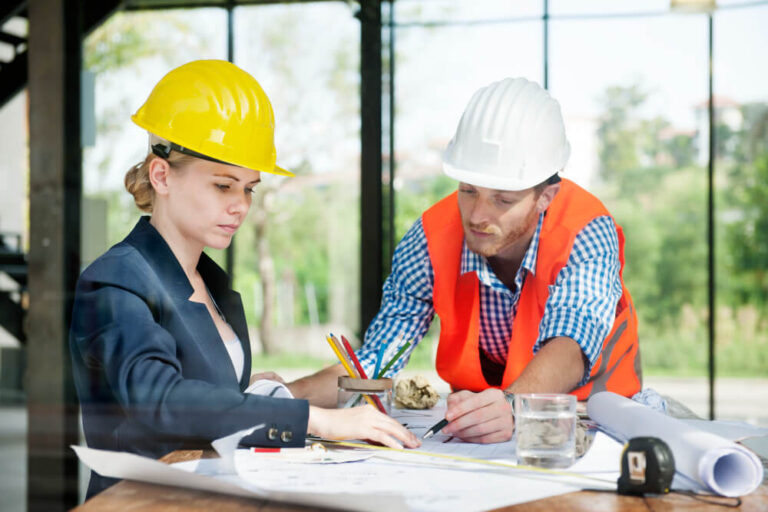When people think about DBS checks, construction isn’t usually the first industry that springs to mind. You’d expect to see them in schools, hospitals, or social care settings – not on building sites. But in certain cases, especially when the location or project type involves vulnerable people or sensitive environments, a DBS check isn’t just a formality. It’s essential.
It all comes down to context. Not every construction role will require one, but when it does, it’s for good reason.
Not Every Site is the Same
On a typical commercial or residential build, DBS checks rarely come into play. The work is confined, the team is managed, and there’s usually no direct interaction with the public. But change the setting – say, a school that’s still in use, or a hospital undergoing renovation – and suddenly things look very different.
In environments like these, construction workers may be present while children, patients, or vulnerable adults are nearby. And although they’re not performing caregiving tasks, just being in the same space can raise safeguarding concerns.
That’s when a DBS check may be required. Not necessarily for every person on site, but for those working in specific areas or coming into close contact with people.
What Kind of Check Might be Needed?
There are different levels of DBS checks, and the one that’s required will depend on the nature of the work:
- Basic check: Shows any unspent criminal convictions.
- Standard check: Includes both spent and unspent convictions, cautions, and warnings.
- Enhanced check: Adds any information held by local police that may be relevant to the role.
- Enhanced with barred list check: Includes a check against the lists of individuals banned from working with children or vulnerable adults.
Typically, a Standard or Enhanced check is requested via an umbrella organisation such as Personnel Checks when construction work takes place in operational settings such as schools, care homes, or medical facilities – especially if staff will be unsupervised at any time.
Why Do Clients Ask for it?
It’s partly about risk, and partly about reputation. Clients, especially those in the public sector, need to be confident that everyone coming onto their site is trustworthy. That includes external contractors.
In some cases, local authorities or NHS trusts will make a DBS check part of their contractor requirements. Not because they assume wrongdoing, but because they want to be sure. It’s also common in tenders for refurbishment works, especially in places that continue operating throughout the construction period.
For the business bidding on that work, having a DBS-cleared workforce can be the difference between winning and losing the job. You won’t need a DBS check for every construction role. But if the project brings you into contact with vulnerable individuals, or if the environment itself is high-risk, don’t be surprised if one is requested.
For contractors and employers, it’s a smart move to understand when these checks apply – and to make DBS clearance part of your project planning where needed. It’s not just about ticking boxes. It’s about building trust with the people who’ve hired you, and making sure every worker on site is cleared to be there.


